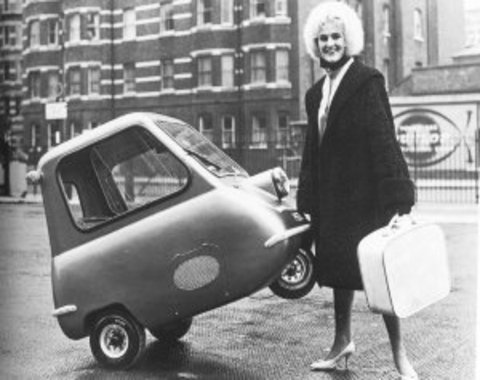I don’t worry too much about the human loss of skill in driving cars or piloting planes if those things are made autonomous. Before America was fully developed, people used to know many home remedies to treat ailments, but eventually those practices, some of which weren’t quackery, were forgotten as we entrusted ourselves during emergencies to the technology of hospitals. But in order for us to give up “ownership” of our medical care, the technology had to reach a saturation point so that we could feel certain it would be there for us at moments of need.
Similarly, the great dream of many technologists who work in the driverless-car sector is that citizens won’t only give up the wheel but also ownership. A fleet of on-demand autonomous taxis can certainly replace cabs with human drivers and convoys of programmed delivery trucks are likely to be welcomed by most (though not by truck drivers), but will the American impulse to own, to possess, material goods be usurped by algorithms? From a post by Brad Templeton, a Google consultant, about what the government can do to aid in the development of robocars:
“Many of the big effects of this technology on cities, energy, parking, carsharing, delivery and more come about only when the vehicles can operate unamnned to deliver themselves to users, to store themselves and to refuel/recharge themselves. The lifesaving benefit of superior driving with passengers and the timesaving benefit of recovering productive time are great, but are only part of the story. Take special care to assure what you do doesn’t inhibit the deployment of safe empty vehicles.”

